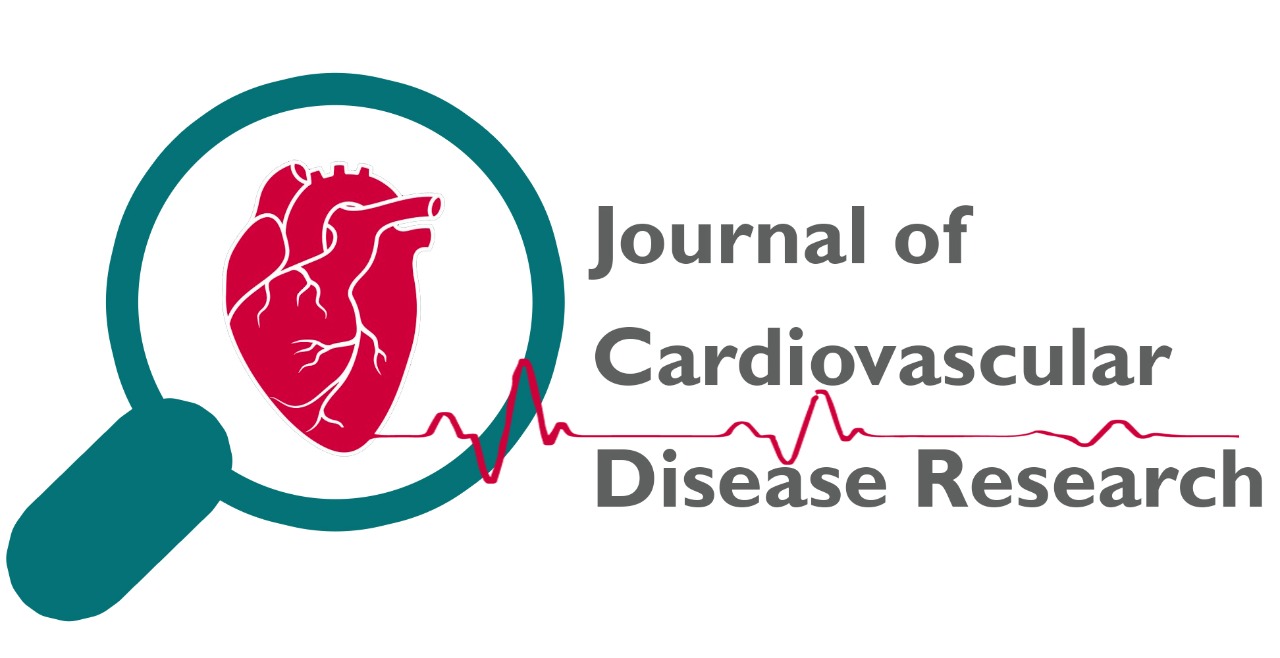
The relationship between troponin elevations and non-cardiac surgery
Dr. Goutham Roy K.
JCDR. 2023: 1213-1219
Abstract
Even slight increases in preoperative troponin levels have been demonstrated to be associated with worse outcomes. On the other hand, there are currently insufficient data on the connection between an elevated troponin level and the appropriate time for surgery. Methods: We carried up a retrospective cohort analysis at a single institution on a total of 4575 patients, each of whom had a troponin measurement taken within the 30 days prior to undergoing a noncardiac surgical procedure. Subjects who had detectable levels of troponin were categorised into one of three terciles according to the magnitude of the value as well as the amount of time that had passed since this value before the surgery. Using bivariable and multivariable logistic regression, these 9 cohorts were compared with the group of patients whose preoperative troponin levels were undetectable. The comparison was made for those who were receiving non-emergency surgeries. Results: In the group whose levels of troponin could not be detected, the thirty-day death rate was 4.7%, but it rose steadily with increasing concentrations, reaching rates of 8.9%, 12.7%, and 12.7% in the low, medium, and high tercile groups, respectively. Those patients who had the highest troponin levels and the shortest delay between the measurement and surgery had the highest unadjusted risk of 30-day death (odds ratio: 4.497; 95% confidence interval: 2.058-9.825). After taking into account the characteristics of the subjects, the association between troponin and 30-day mortality maintained in several groups, even those composed of people whose troponin levels were within the normal range. Conclusions: Greater preoperative levels of cardiac troponin I were related with increased postoperative mortality, while persons with minor preoperative troponin increases who waited longer before undergoing surgery appeared to have a reduced risk of dying after surgery. There is a pressing need for prospective research to evaluate whether or not postponing surgery in individuals who have elevated preoperative troponin levels results in better postoperative outcomes.
Description
Volume & Issue
Volume 14 Issue 9
Keywords
|
This is an open access journal which means that all content is freely available without charge to the user or his/her institution. Users are allowed to read, download, copy, distribute, print, search, or link to the full texts of the articles in this journal without asking prior permission from the publisher or the author. This is in accordance with the Budapest Open Access Initiative (BOAI) definition of open access.
The articles in Journal of Cardiovascular Disease Research are open access articles licensed under the terms of the Creative Commons Attribution Non-Commercial License (http://creativecommons.org/licenses/by-nc-sa/3.0/) which permits unrestricted, non-commercial use, distribution and reproduction in any medium, provided the work is properly cited. |
|
|
|
|
|
Copyright � 2022 Journal of Cardiovascular Disease Research All Rights Reserved. Subject to change without notice from or liability to Journal of Cardiovascular Disease Research.
For best results, please use Internet Explorer or Google Chrome POLICIES & JOURNAL LINKS
Author Login
Reviewer Login About Publisher Advertising Policy Author's Rights and Obligations Conflict of Interest Policy Copyright Information Digital Archiving & Preservation Policies Editorial Policies Peer Review Policy Editorial & Peer Review Process License Information Plagiarism Policy Privacy Policy Protection of Research Participants (Statement On Human And Animal Rights) Publication Ethics and Publication Malpractice Statement Corrections, Retractions & Expressions of Concern Self-Archiving Policies Statement of Informed Consent Terms of Use |
Contact InformationJournal of cardiovascular Disease Research,
|




